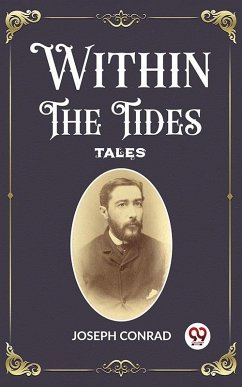
Frey and His Wife (eBook, ePUB)
Versandkostenfrei!
Sofort per Download lieferbar
0,49 €
inkl. MwSt.
Weitere Ausgaben:

PAYBACK Punkte
0 °P sammeln!
"e;Frey and His Wife"e; by Maurice Hewlett is a captivating novel that intricately weaves together elements of British literature, historical fiction, and Norse mythology. Set during the Viking Age, the book offers a mesmerizing glimpse into the world of Nors
Dieser Download kann aus rechtlichen Gründen nur mit Rechnungsadresse in A, B, BG, CY, CZ, D, DK, EW, E, FIN, F, GR, HR, H, IRL, I, LT, L, LR, M, NL, PL, P, R, S, SLO, SK ausgeliefert werden.













